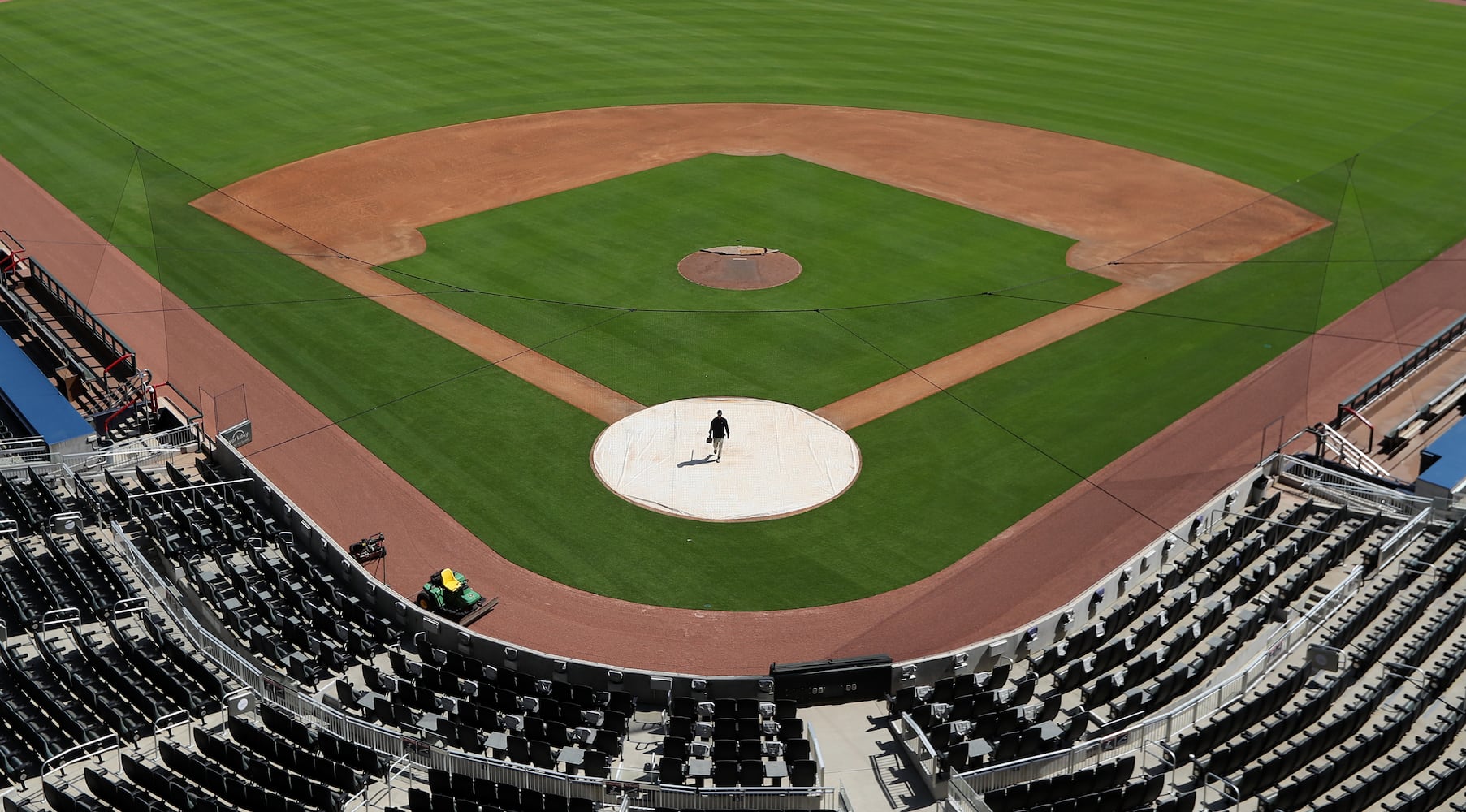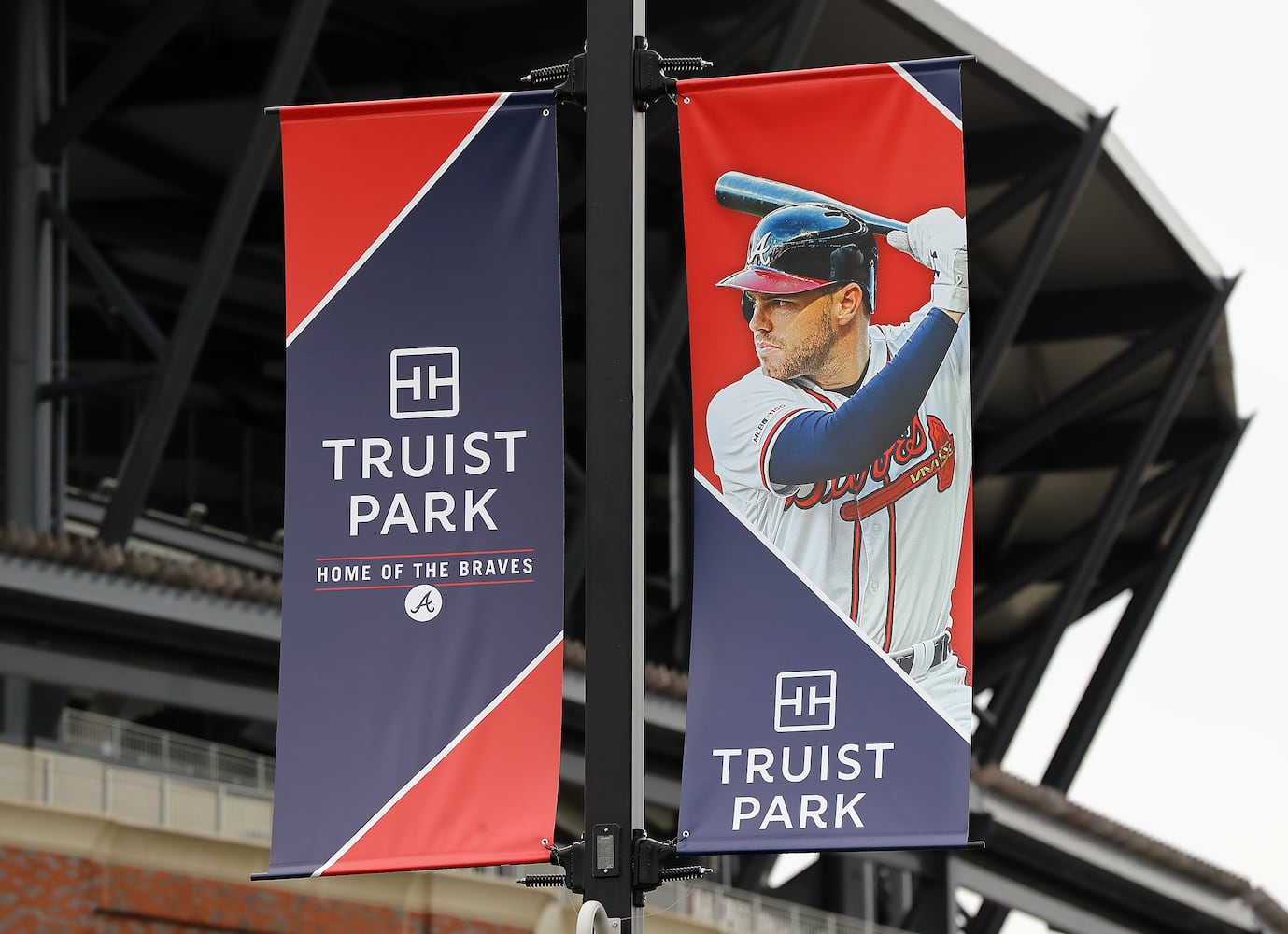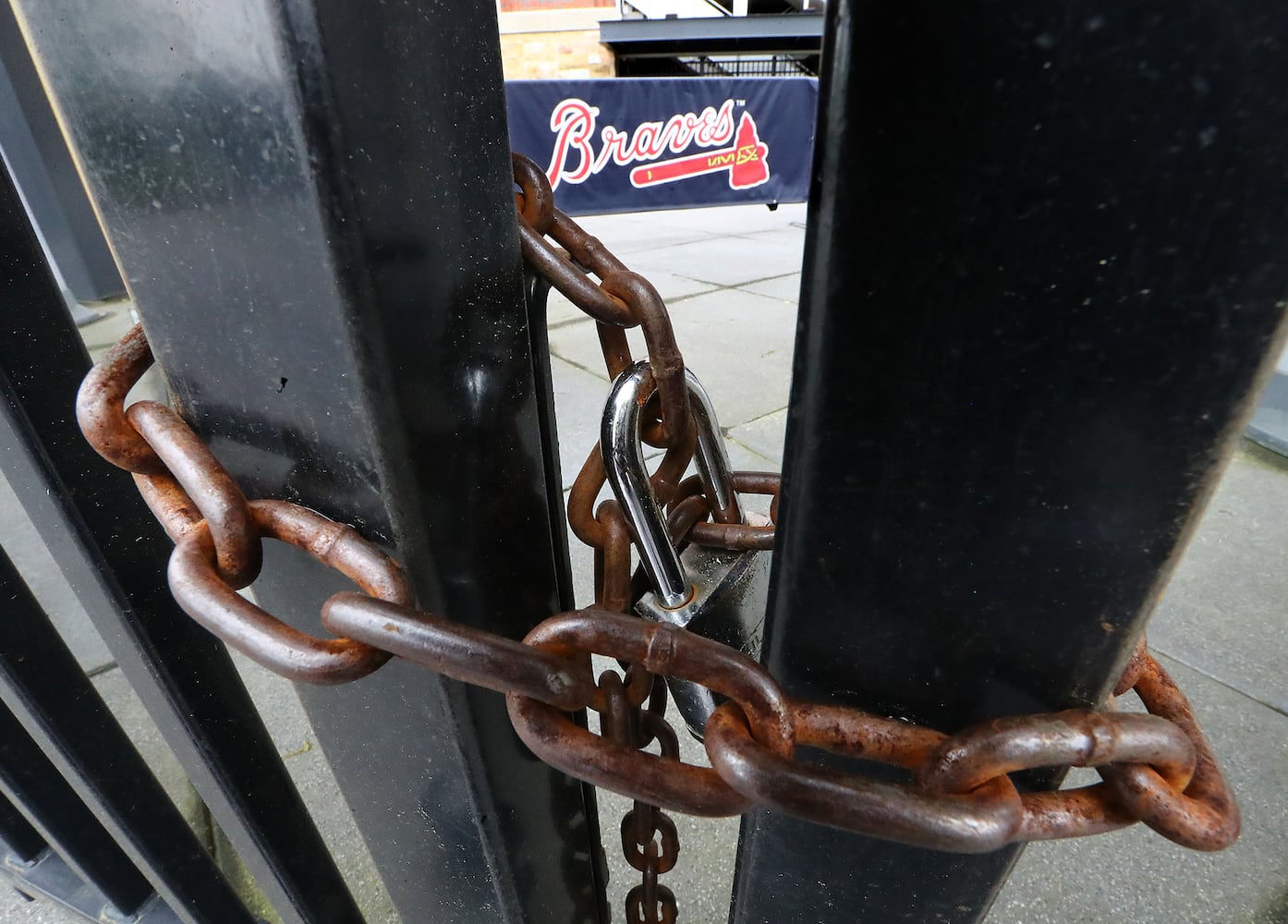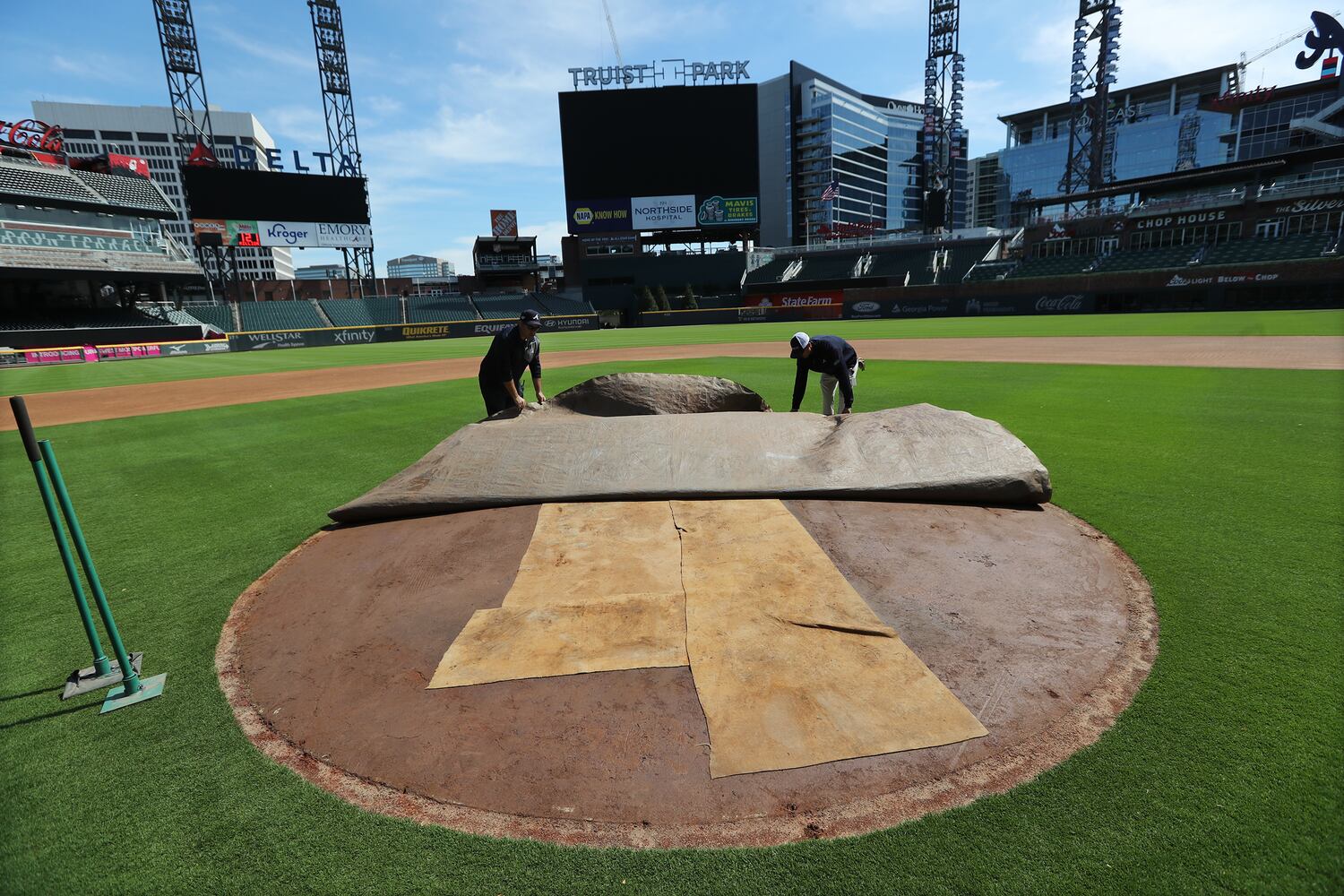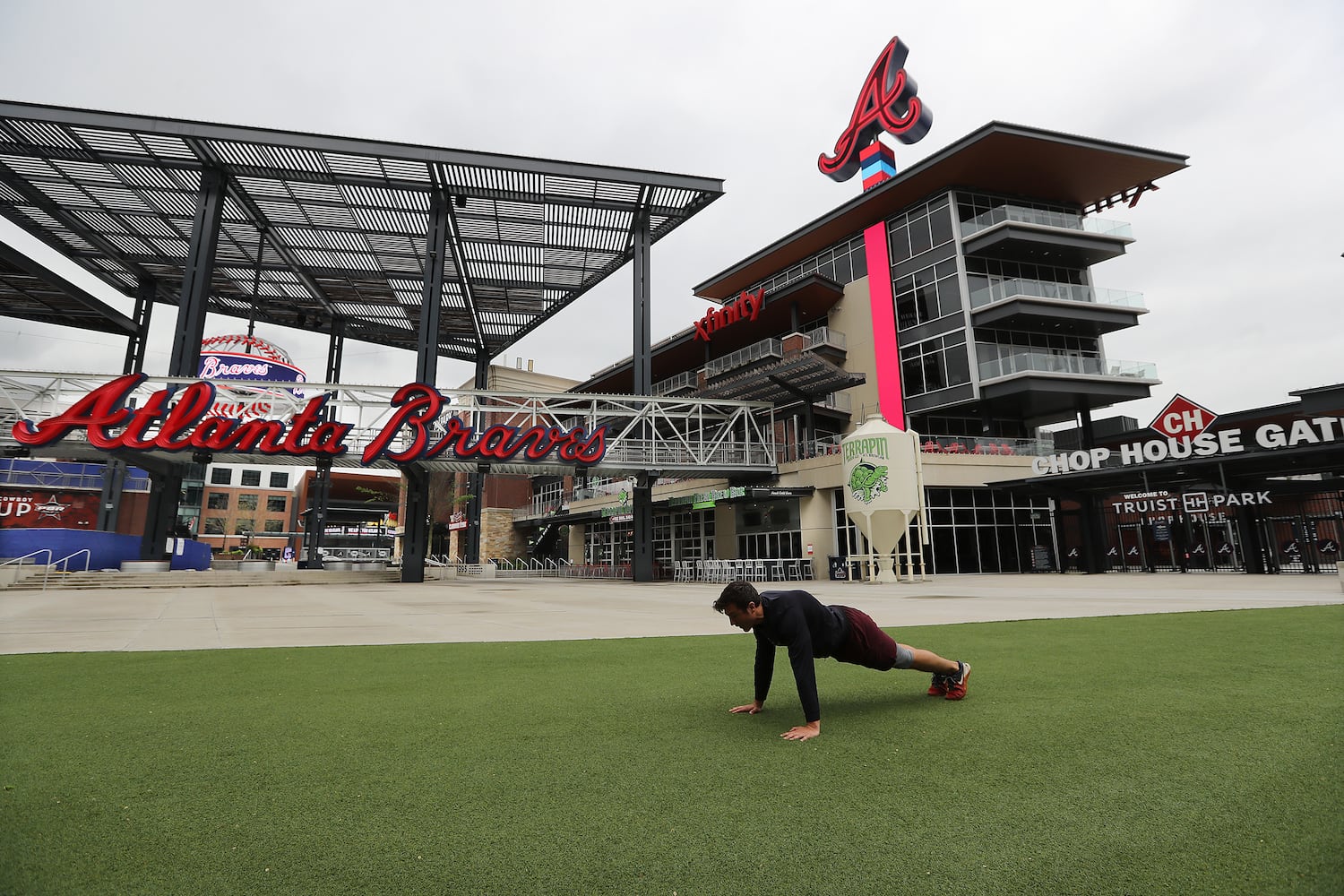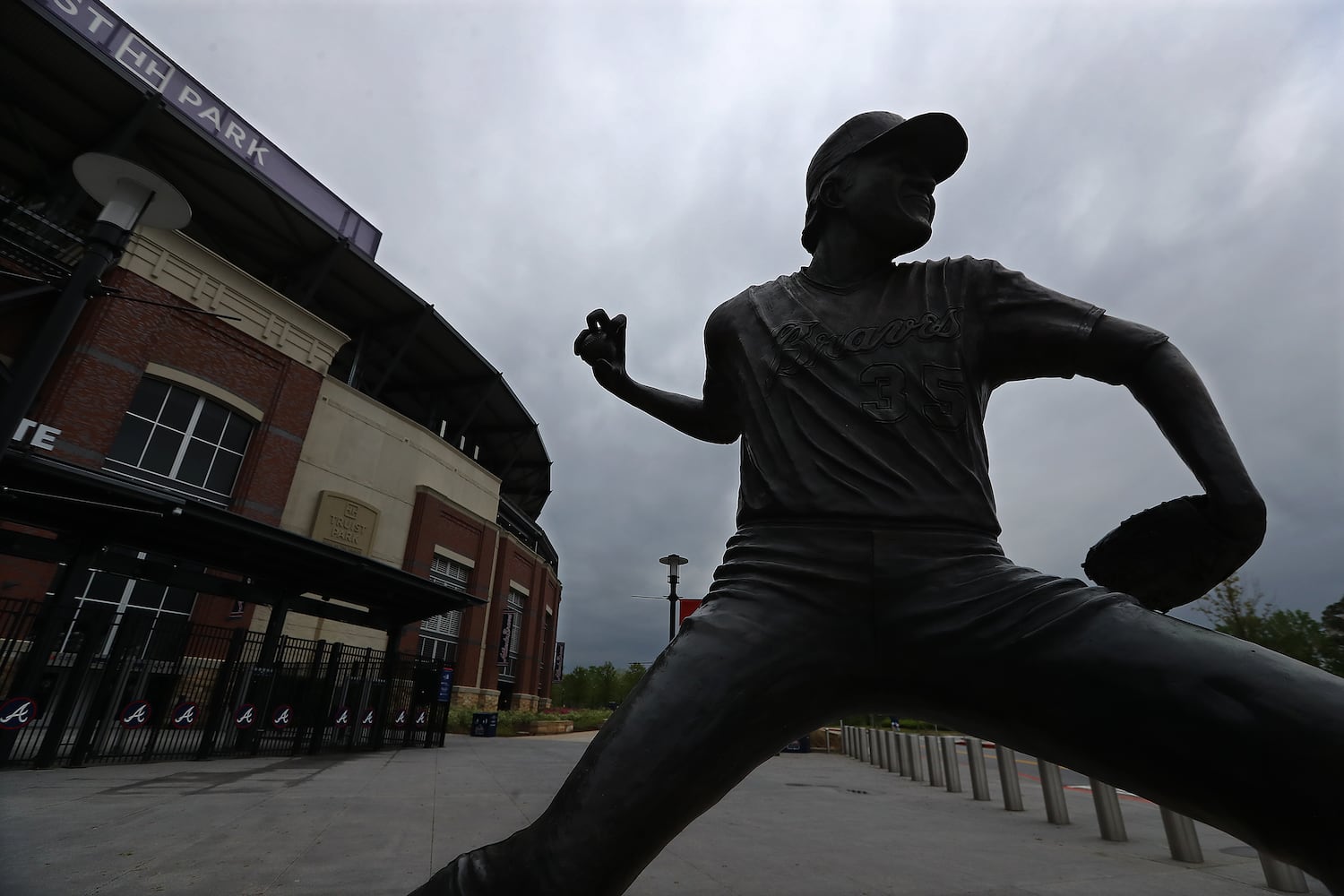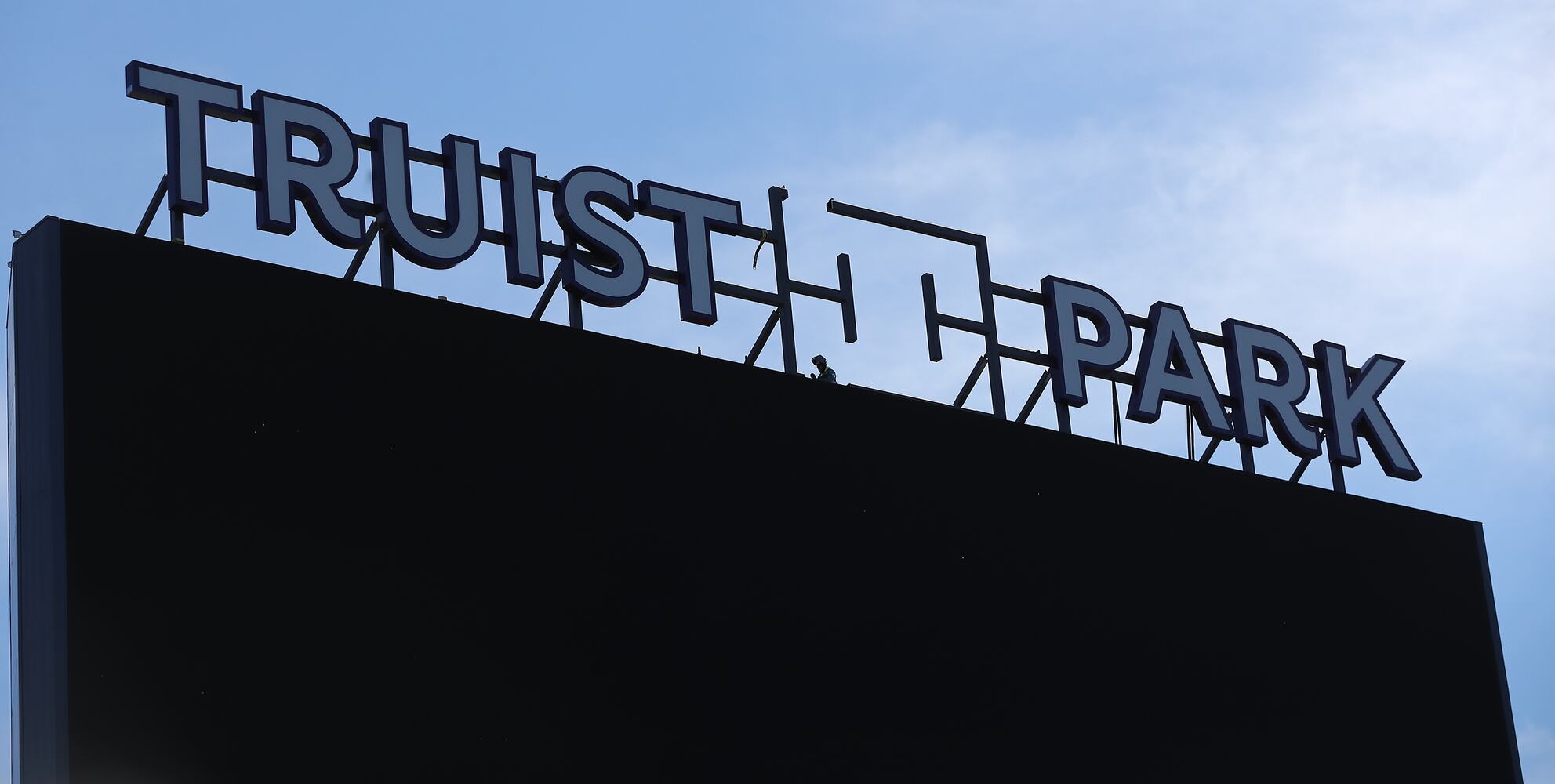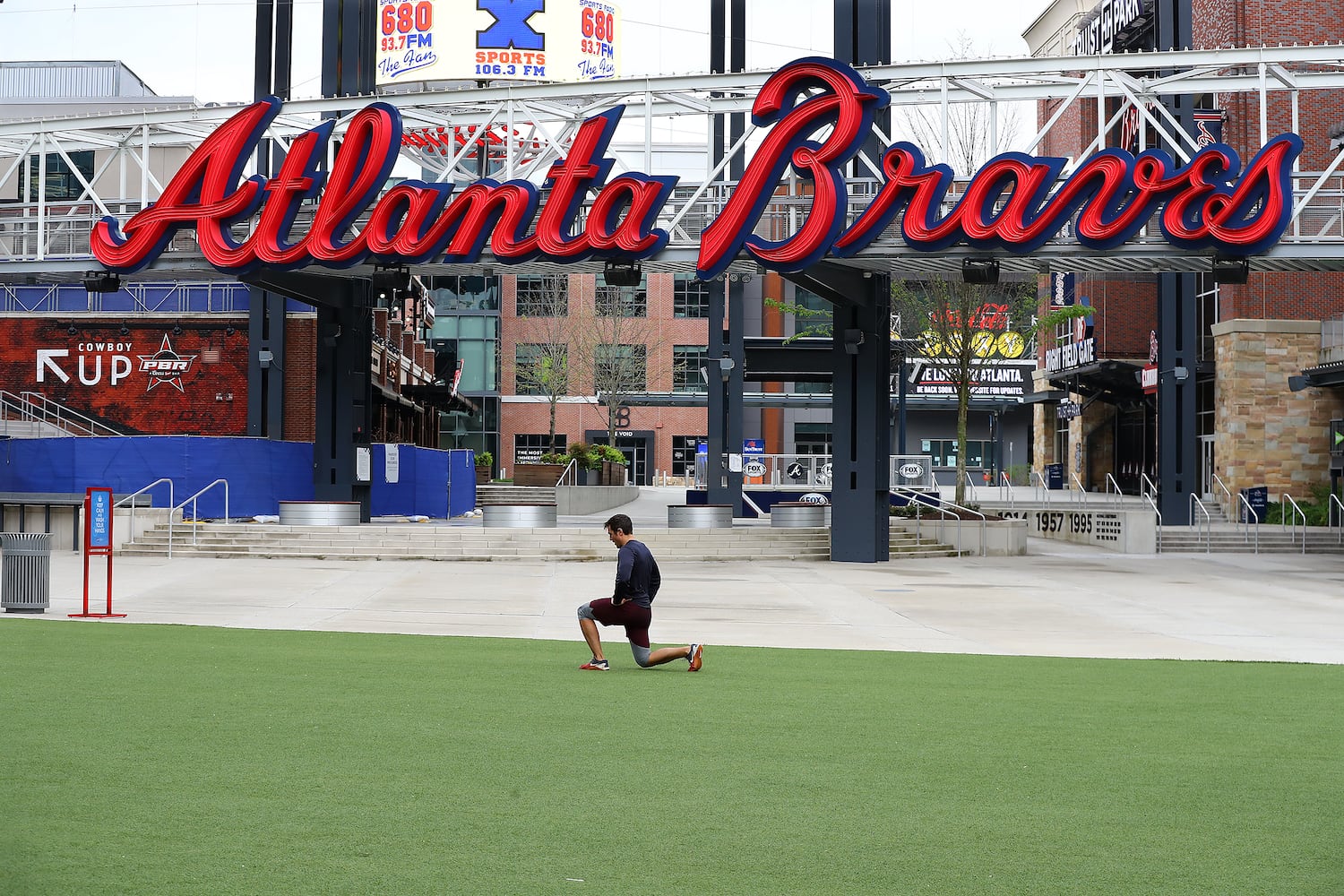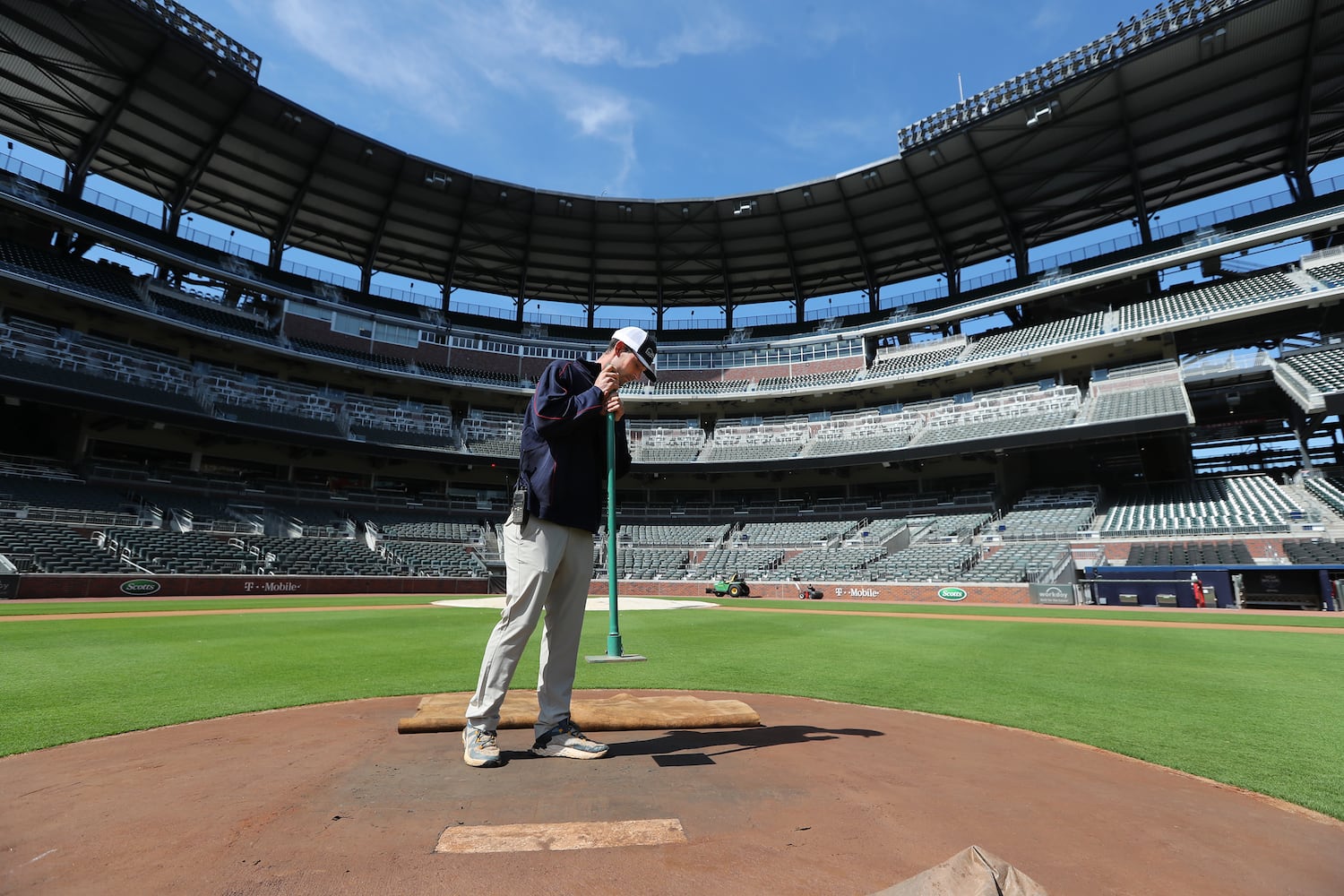The chief executive of Braves owner Liberty Media suggested Thursday that the season could begin in early July without fans in attendance at Truist Park and other stadiums.
“I think they (MLB officials) are looking at a range of opportunities,” Liberty Media President and CEO Greg Maffei said on a quarterly conference call with investment analysts. “While nothing is resolved, it appears most likely there will be not the bubble concepts ... but late June start spring training, early July (have games) without fans.”
His mention of “bubble concepts” referred to proposals to have all 30 teams gather in one or more states — Arizona, Florida and/or Texas — and play all games there for a while. But, as Maffei alluded, sentiment has shifted toward potentially having teams play games in their home stadiums and their opponents’ stadiums, albeit without fans.
» MARK BRADLEY: Braves in a Central Division? 'Not happening'
“There are still issues to be resolved about what the payments will be to the players,” Maffei said.
MLB has committed to pay $170 million in salary advances to players across the 30 teams in April and May — an average of $5.67 million per team — with those advances to be paid back as deductions from the players’ future paychecks if games are played this year. Under that agreement, players would be paid a prorated portion of their 2020 salaries for games that are played, but it wasn’t spelled out what the salary implications would be of playing games without fans.
“Some of these things were based on the idea that fans would be attending,” Maffei said. “If fans are not attending and there are reduced revenue streams, there still needs to be negotiations about what the splits are. Obviously, I can’t comment on any of that.
“I think that is to be determined and worked through,” Maffei continued. “But I think there is a positive attitude on all parties to try and get some positive resolution. But that will obviously impact profitability, even on a pro rata basis, if we’re not able to have fans present. Which is certainly the expectation, (that) the early games will not have fans.”
The MLB regular season was scheduled to begin March 26. The season remains delayed indefinitely because of the coronavirus pandemic, and many financial, logistical and public health issues remain up in the air regarding a possible start.
“We are working closely with Major League Baseball to see how we can put a season together,” Maffei said. “We appreciate how the commissioner, teams and players are working together toward that solution. Everyone is eager to see baseball return.
“The Braves’ players are eager, too,” Maffei said. “They have been doing Zoom sessions with the trainers, medical staff and manager Brian Snitker.”
On Thursday, Liberty Media disclosed the Braves’ financial results for the first quarter of this year. Revenue for the quarter was $22 million, unchanged from the same period in 2019.
Because the results covered January through March, they didn’t reflect the brunt of the financial hit the Braves have taken from the shutdown of the season. When the Braves report their second-quarter results in a few months, covering April through June, a precipitous drop in revenue from the corresponding period in past years is inevitable.
For January through March this year, the Braves generated $12 million in revenue from baseball sources, down from $14 million in the same period last year, and generated $10 million in revenue from The Battery Atlanta, up from $8 million in the same period last year.
First-quarter financial results generally aren’t significant for MLB teams because the vast majority of revenue is usually recorded in the second and third quarters. Teams typically show large operating losses in the first quarter, as was the case for the Braves again this year.
Liberty Media said the Braves had an operating loss before depreciation and amortization of $25 million in the quarter, compared with a loss of $31 million in the same period last year.
Liberty also disclosed that, as of March 31, the Braves had liquidity of $343 million in “cash, cash equivalents and restricted cash.” The Braves’ debt, however, rose to $698 million as of March 31, an increase of $139 million during the quarter “primarily due to draw downs on the team’s revolving credit facilities,” Liberty said.
About the Author
Keep Reading
The Latest
Featured
